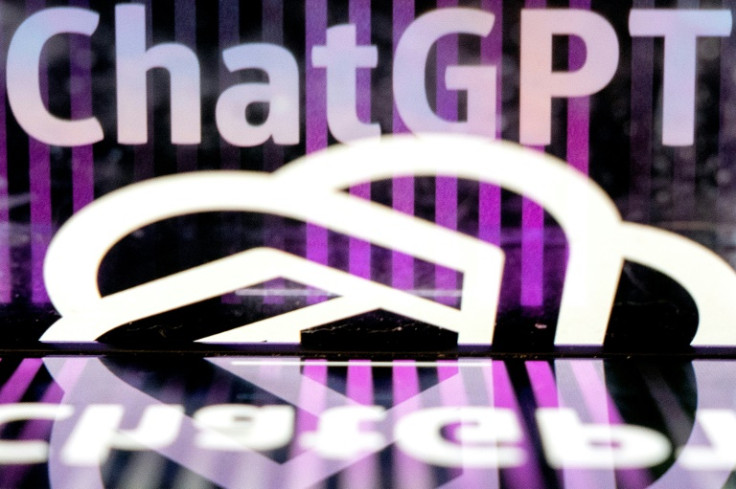China Arrests Man For Using ChatGPT To Generate Fake News And Share It Online

KEY POINTS
- The arrest was the first of its kind in China
- China passed a law that restricts access to AI-generated applications to get ahead of regulating it
- The man was charged with "picking quarrels and provoking trouble"
Chinese authorities have apprehended a man for allegedly using artificial intelligence (AI) to generate fake news in the country's first-ever AI-related arrest since Beijing passed an unprecedented law regulating access to "deepfake" technology.
The man, who is identified by his surname Hong and hails from China's Gansu province, was arrested for "using artificial intelligence technology to concoct false and untrue information," the South China Morning Post (SCMP) reported.
The fake story, which was written using ChatGPT and garnered more than 15,000 clicks after it was published on April 25, alleged that a train crash in a city in northwestern Gansu claimed the lives of nine construction workers, Reuters reported, citing Pingliang city's local police bureau.
The fake report caught the attention of the police bureau's cyber division, which found that the article was simultaneously posted by more than 20 accounts on Baijiahao, a blog-style platform run by Baidu, the Chinese equivalent of Google.
A police report said that a total of 25 accounts posted the "accident" with IP addresses pinged at different locations.
Police said that after their initial investigation, they found that Hong's company, which operated personal media platforms in Shenzhen in Southern China's Guangdong province, was involved in creating and spreading the story.
Officers searched Hong's home and his computer before taking him into custody.
During police interrogation, Hong admitted that he bypassed Baijiahao's duplication check function when he published the report on multiple accounts he had acquired. He input elements of trending stories in China into ChatGPT to instantly produce several versions of the fake news and uploaded them.
The public security department of Gansu police said Hong was charged with "picking quarrels and provoking trouble," which carries a maximum penalty of five years of imprisonment. Some cases could result in a 10-year sentence and additional penalties if the offense is grave and especially severe.
The arrest was the first of its kind in China since it passed regulations on the use of "deepfake" technology in January.
The Administrative Provisions on Deep Synthesis for Internet Information Service defines "deep synthesis" as the use of technologies, including deep learning and augmented reality, to generate images, texts, audio and video clips to create a virtual scenario, SCMP reported.
Beijing passed the law as ChatGPT was going viral, and Chinese authorities are becoming more concerned and looking to get ahead of the technology.
ChatGPT is a chatbot created by the U.S. firm OpenAI. Although technically not available in China, Chinese users can still use it if they have a reliable virtual private network connection to help them bypass internet restrictions.

© Copyright IBTimes 2024. All rights reserved.






















